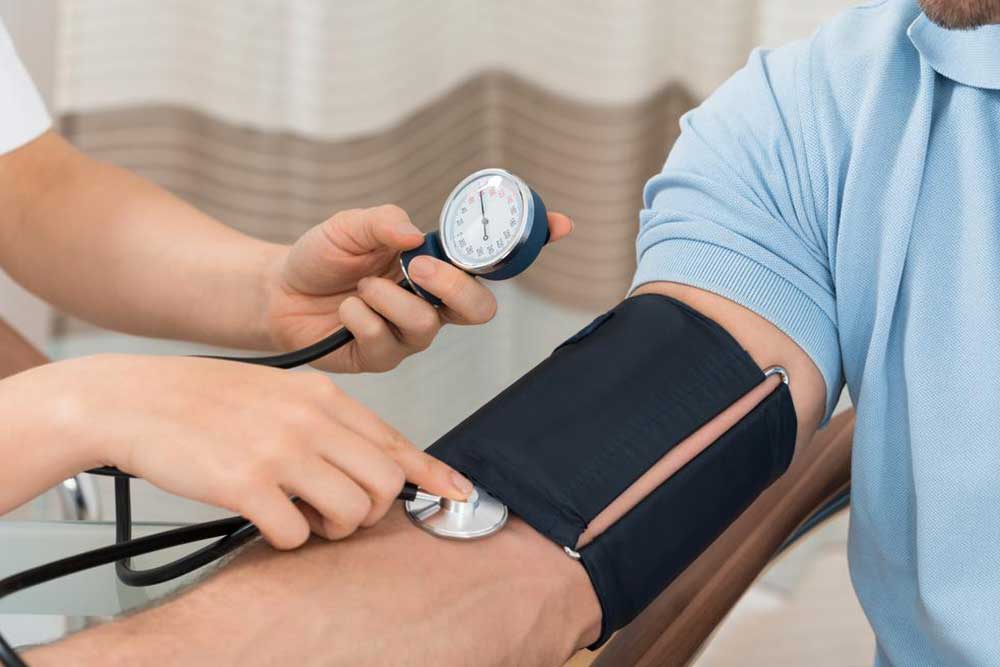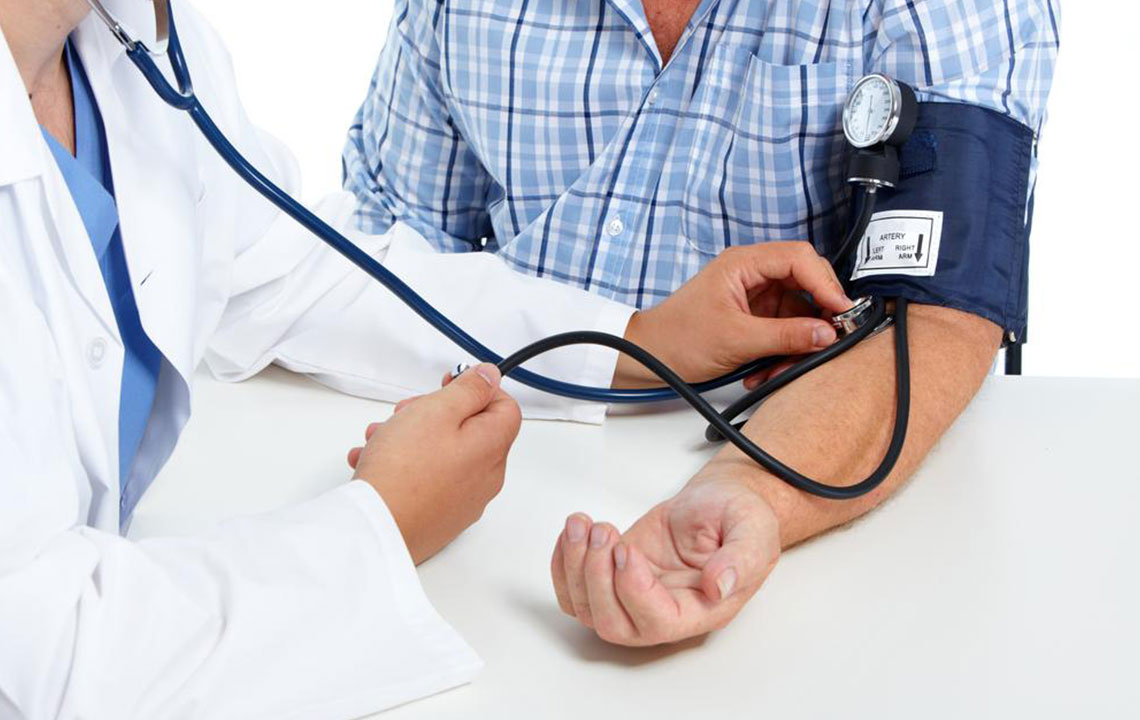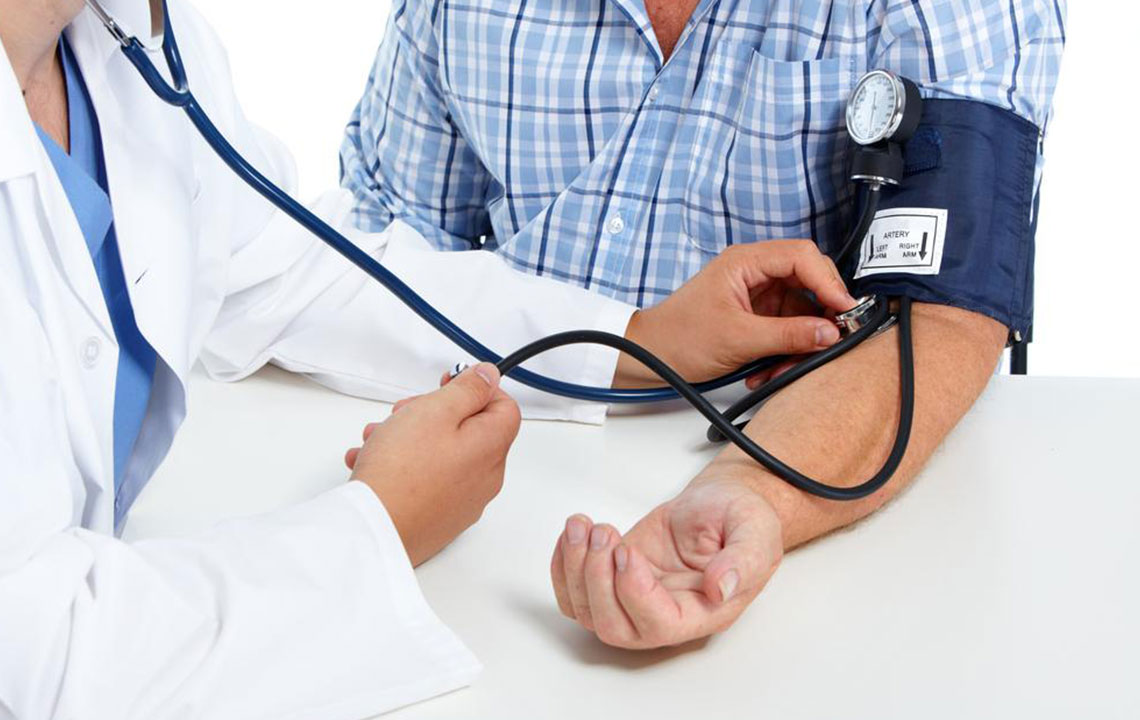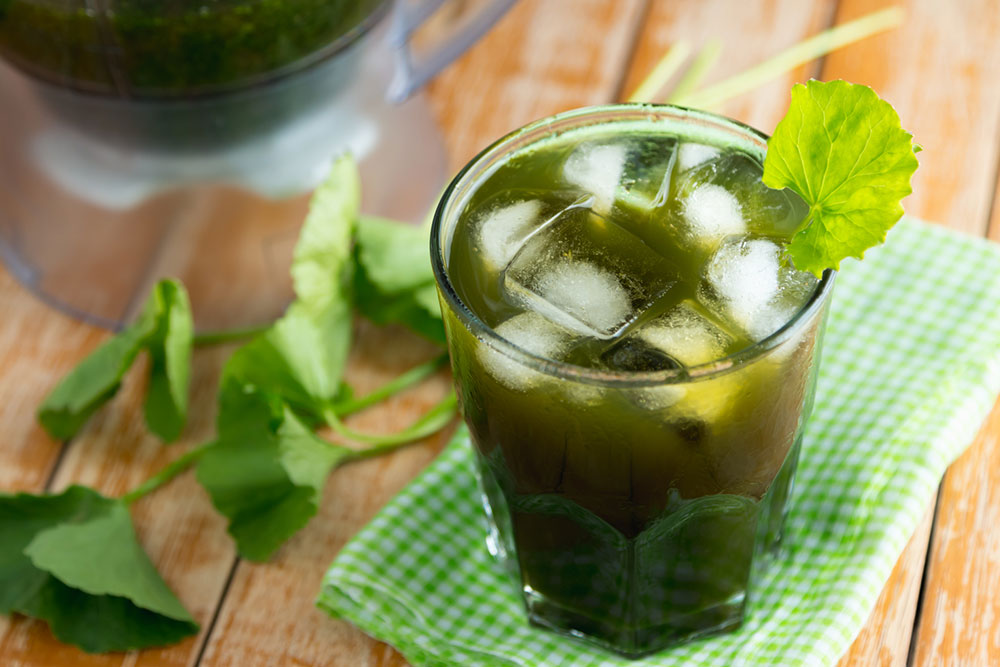Effective Strategies to Manage High Blood Pressure Naturally
Learn effective natural methods to manage high blood pressure through lifestyle changes, diet, and herbal remedies. This comprehensive guide emphasizes the importance of healthy habits, stress reduction, and avoiding high-sodium foods to maintain optimal blood pressure levels and prevent organ damage. Consult healthcare professionals for personalized advice on hypertension management and ensure a healthier heart and overall well-being.

Effective Strategies to Manage High Blood Pressure Naturally
Adopt a healthy lifestyle to control high blood pressure
Hypertension, commonly known as high blood pressure, occurs when the tension in your arteries is elevated. Often symptomless, it’s called "the silent threat." Diagnosis requires blood pressure measurement since no obvious signs are visible.
Signs and Symptoms
Dizziness
Headaches
Nausea
Vomiting
Blurred vision
Cardiac symptoms include:
Breathlessness
Chest discomfort
Nausea
Weakness
Many individuals delay seeking medical advice until complications occur, like organ damage.
Potential organ damage from hypertension includes:
Heart failure
Heart attack
Stroke
Temporary ischemic attack
Vision loss due to eye damage
Kidney failure
Aneurysms
Peripheral artery disease causing limb pain
Natural remedies and dietary tips
Incorporate herbs like cinnamon, ginger, garlic, hawthorn, flaxseed, celery seed, and cat's claw into your routine as they are effective natural options for lowering blood pressure. Additionally, consuming diuretic foods such as cranberries and watermelon supports fluid elimination, reducing vascular pressure.
Drinking ample water and avoiding caffeine, alcohol, and sugary beverages is recommended. Eating fresh, raw produce rich in minerals, vitamins, and fiber—like salads with spinach, tomatoes, garlic, and celery—can help decrease blood pressure.
To prevent spikes, limit intake of salty processed foods, canned meals, and prepackaged snacks high in sodium. Focus on foods rich in omega-3s, like fish oil, olive oil, and grape seed extract, which support cardiovascular health.
Lifestyle modifications such as regular exercise, weight management, and balanced diet are essential for natural BP control. Prioritize whole grains, fruits, vegetables, and low-fat dairy, while keeping sodium consumption below 2,300 mg daily. Limit alcohol intake, cease smoking, and manage stress through relaxation practices like yoga or meditation for optimal results.
For those with low blood pressure, treatment includes saltwater drinks, coffee, and foods like raisins, carrots, and almonds. Proper management of blood pressure through these strategies safeguards overall health. Always consult a healthcare professional for personalized guidance.










